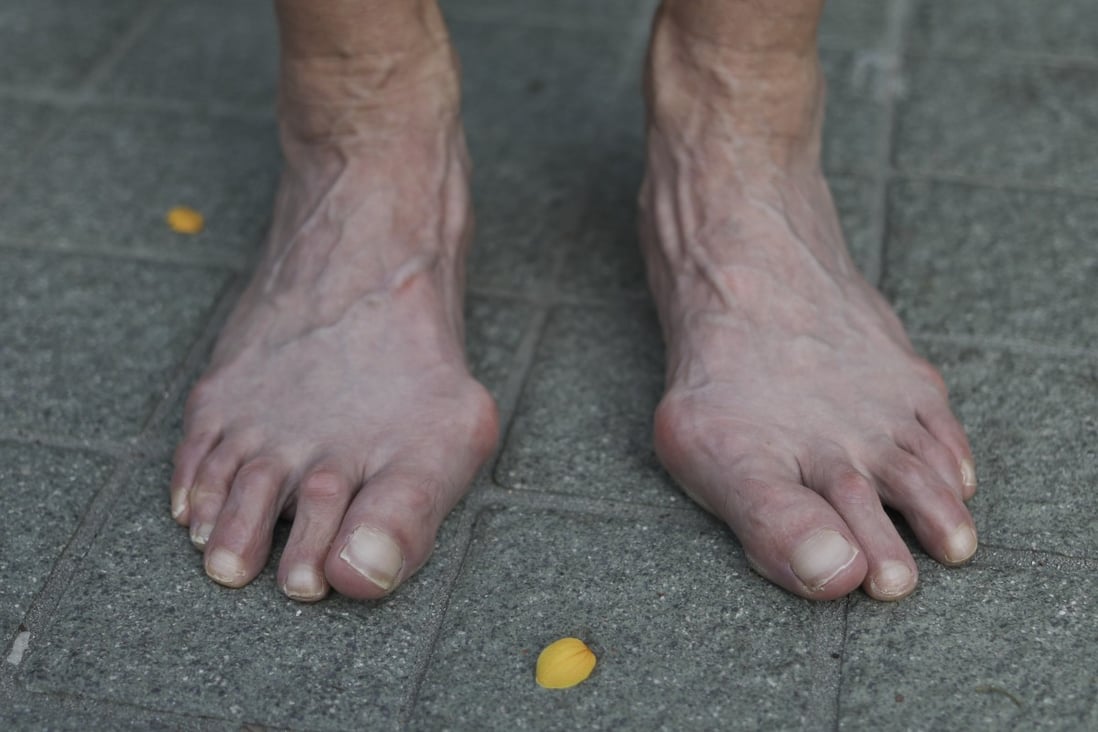Bunions are a normal occurrence and may not require medical care if they don’t cause any pain. However, painful bunions can cause extreme discomfort and affect your ability to carry out your day-to-day activities. If you are looking to ease the pain and discomfort caused by bunions in Bakersfield, Diabetic Foot and Wound Center experts should be your ultimate choice.
What is a Bunion?
A bunion is a painful bump that develops and protrudes on the side of your big toe. A bunion develops because of a change in the alignment of the bones in your foot, causing your big toe to turn inwards. This change leads to the development of a painful lump that protrudes at the base of your big toe.
What Causes the Development of Bunions?
Researchers have yet to discover the actual cause of bunions, but theories state that high-heeled or tight or ill-fitting shoes can cause bunions. You may also be at risk of developing bunions because of inherited foot structure concerns. Other factors are foot injuries and inflammatory illnesses such as arthritis.
When Should You Consider Seeking Medical Care for Bunions?
Bunions may not require medical treatment, but if the pain becomes unbearable, you can visit Diabetic Foot and Wound Center for an immediate checkup. Some signs that you have a bunion include:
- A protruding bony bump at your big toe’s base
- Chronic pain in your big toe
- Reduced movement in your foot
- A burning sensation
- Redness on the affected area
Although bunions are common and usually resolve on their own, arthritic bunions can cause significant damage to your foot, causing extreme discomfort and pain. The caring team at Diabetic Foot and Wound Center recommends you seek immediate care for bunion if the symptoms become severe.
What are the Available Treatment Options for Bunions?
The skilled team offers personalized treatment plans depending on the severity of your symptoms. The team first examines your bunion and discusses your symptoms to determine the appropriate treatment plan for you. If your symptoms are mild, the team may recommend routine X-rays and regular monitoring of your bunions to prevent them from worsening. If your bunion is causing extreme discomfort, the podiatrist may recommend non-invasive treatments such as:
- Orthotics to relieve pressure on the affected toe
- Icing
- Wearing comfortable shoes with a wide front
- Prescribed medication to reduce inflammation and relief pain
- Corticosteroid injection
- Padding to prevent irritation
- Avoid standing for too long to prevent the condition from worsening.
For stubborn conditions that do not respond to non-invasive interventions, the team may recommend a surgical procedure to prevent the progression of the deformity. After the surgical procedure, it may take several weeks for you to recover, but you will be able to walk after the procedure. To avoid the recurrence of bunions, you may need to wear comfortable shoes with a wider front and avoid high heels.
In case your bunions are affecting the quality of your life by causing pain and discomfort, call Diabetic Foot and Wound Center or schedule an online appointment to begin your journey to wellness.

